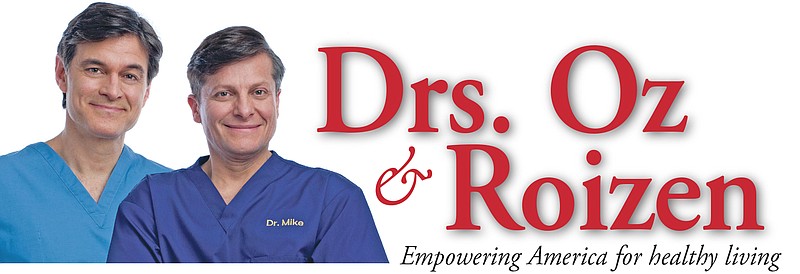Whether you have stayed on the job in your usual facility, are working from home, furloughed or currently unemployed, you know that how you're treated at work has a direct impact on your health and happiness. It isn't just about being offered protection from the current pandemic - although that is essential - it's also about getting the support you need over the long haul to become both the healthiest and most productive employee you can be. That benefits you financially and personally, and it benefits your employer as well.
But a recent study in JAMA Internal Medicine that concludes "a comprehensive workplace wellness program had no significant effects on measured physical health outcomes, rates of medical diagnoses, or the use of health care services after 24 months," is providing ammunition to people who, for reasons that are hard to understand, do not want to see employees' personal and work lives improved, or to save employers millions, even billion, of dollars.
So we'd like to present the ironclad case for the enormous benefits of workplace wellness programs and offer each of you a way to present the info to your bosses so that more and more employers discover the remarkable benefits to their bottom line and your personal wellbeing.
The Case of the Cleveland Clinic
Since 2008, the Cleveland Clinic has had a robust, incentive-driven employee wellness program. It offers tobacco/nicotine cessation programs, a variety of physical activity classes and opportunities, and weight management and nutrition programs.
This long-running initiative has allowed us to track results and assess benefits accurately. You need to study a wellness program for a long time to see the benefits, since it takes years for chronic medical problems like diabetes or heart disease to develop, or to not show up. If we had only looked at three years of data we would have found no benefit - and it's likely why the JAMA article failed to see the benefits.
The clinic has also discovered that an effective program needs to provide meaningful incentives to the employees if it's going to get and retain significant participation. The incentives the clinic provides have included progressively increased health insurance premium reduction; it now totals a savings of about $1,480 annually if participating employees hit and maintain 6+2 Normals (see below).
The Results: As of today, 42% of all employees have achieved and maintain 6+2 Normals, up from 6% in 2008. The clinic has exported this program to nine other companies that are seeing similar successes.
The 6+2 Normals are:
1. Regaining and maintaining normal blood pressure.
2. Regaining and maintaining a normal level of LDL cholesterol.
3. Regaining and maintaining a normal fasting blood glucose or HgbA1c.
4. Achieving a weight for height that is less than obese.
5. Practicing stress management or enrolling in an asthma management program, if you have asthma.
6. Having no primary smoke from tobacco in your body.
Plus 2: Seeing a primary care provider and making sure vaccinations are up to date.
In addition, the program has yielded more than $1 billion in reduced health care spending by the clinic over 10 years for its 101,000 employees and their dependents. Another $250 million has been saved by employees through reduced premiums, and probably another $250 million in reduced co-pays. Now the annual savings comes in at $180 million for the clinic and $40 million for employees. Clearly, when implemented with a sustained commitment over a longer period of time, both employees and the providing organization reap enormous health and economic benefits.
Talking to Your Employer
If you would like your employer to offer an employee wellness program, suggest that your human resources director contact the Cleveland Clinic's Wellness program. You can also share links to Centers for Disease Control and Prevention sites that outline how to set up a program. At www.CDC.gov search for: Workplace Health Promotion; Worksite Health ScoreCard and The Workplace Health Resource Center.
Mehmet Oz, M.D. is host of "The Dr. Oz Show," and Mike Roizen, M.D. is Chief Wellness Officer and Chair of Wellness Institute at Cleveland Clinic. To live your healthiest, tune into "The Dr. Oz Show" or visit sharecare.com.
(c)2020 Michael Roizen, M.D. and Mehmet Oz, M.D.
King Features Syndicate

